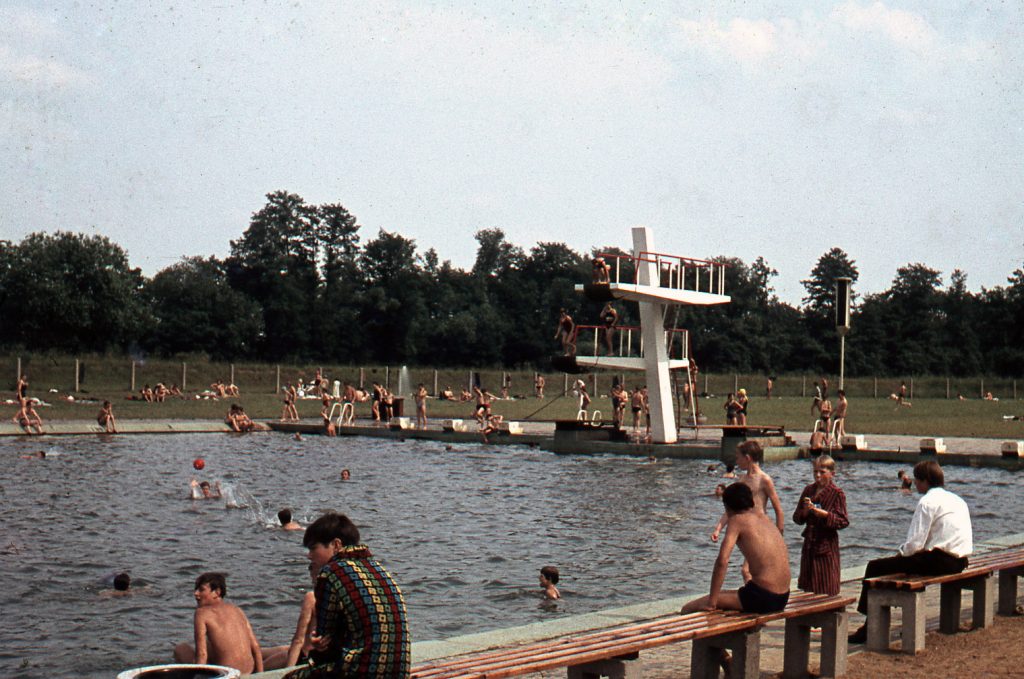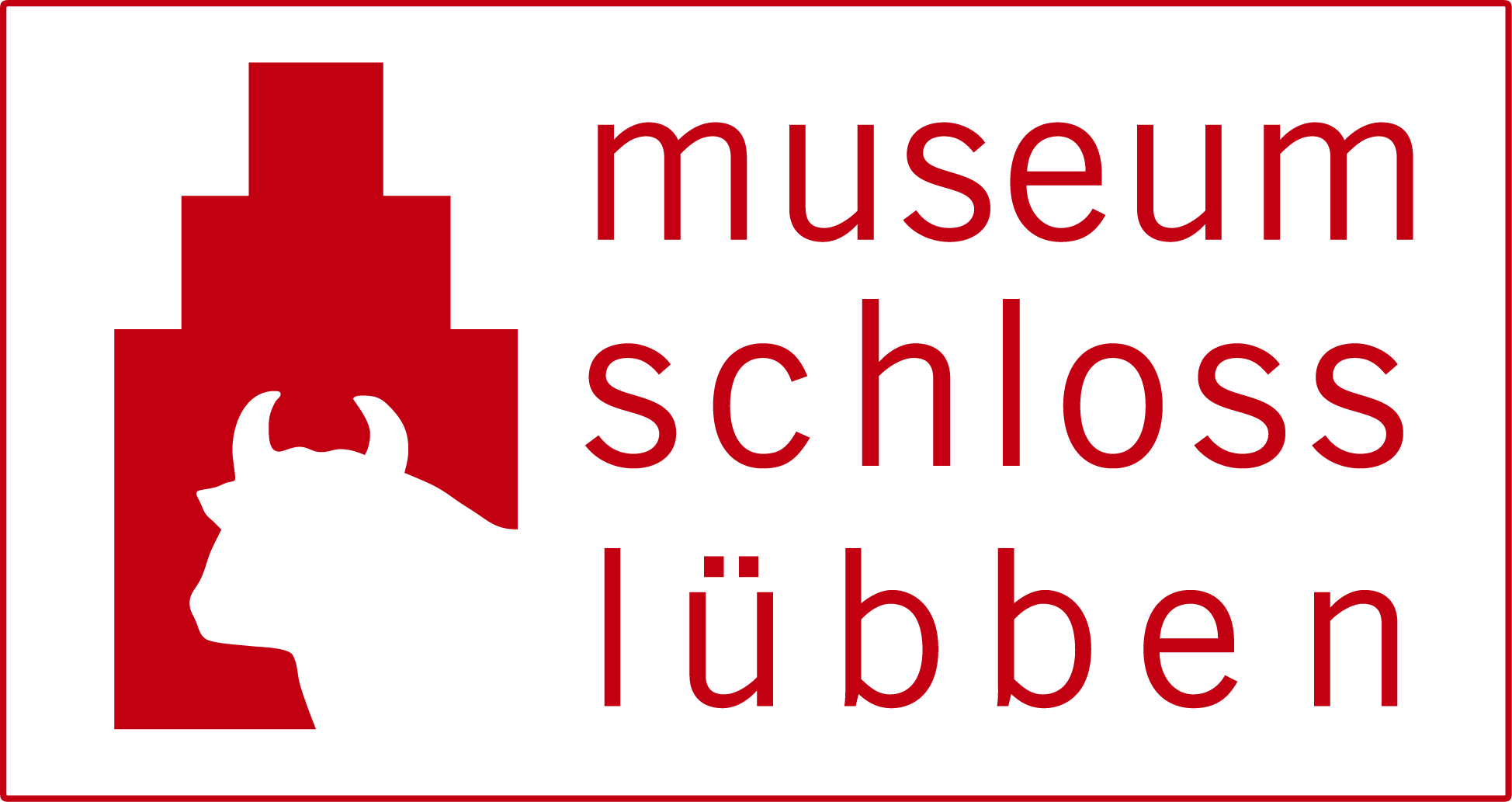Since the turn of the 19th to the 20th century, the right to paid holiday leave for employees has gradually been gaining ground. At the same time, the weekly working time is slowly decreasing, so that a wider range of leisure opportunities is created and made available to all social classes.
Customs are cultivated in the Spreewald publicly, but also privately. Today this mainly refers to Wendish-Sorbian traditions. These include carnival customs such as Zampern, Easter customs such as the elaborate painting of eggs and the popular Bird Wedding.
In Lübben, there is a great variety of clubs and associations in which many people combine leisure time activities and voluntary work. One of the oldest associations is the Lübben Marksmen Guild from 1425. The Reading Club founded in 1772 also allowed women to join from 1815 onwards. The Male Choral Society is founded in 1827 and is still one of the most active associations in the town of Lübben. In 1861 the Men’s Gymnastics Club is founded which becomes the first fire brigade two years later. A typical club founded in the young GDR is the sports association Dynamo, which after the reunification becomes the football club SV Grün-Weiß Lübben. The largest sports club in Lübben is TSG Lübben 1965.
As many visitors travel to the Spreewald to spend their holidays and leisure time there, the foundation of a Boat Ferrymen’s Association in 1924 is only logical. However, there have always been women who punt the boats through streams and canals.
Shortly before the end of the 19th century a Poultry Breeding Association is founded. Unlike many other associations, it receives permission to continue its work from the Soviet Commandant’s Office after the 2nd World War. The Male Choral Society also receives permission to reassemble.
Soon an Allotment Club is also founded. In the beginning, the plots of land have certainly not only served as a place of diversion, but also to supplement the own diet.
In 1999 the Friends of the Town and Regional Museum is founded, which has since then actively supported numerous special exhibitions, events and publications of the museum – including this media station where you are standing right now.

